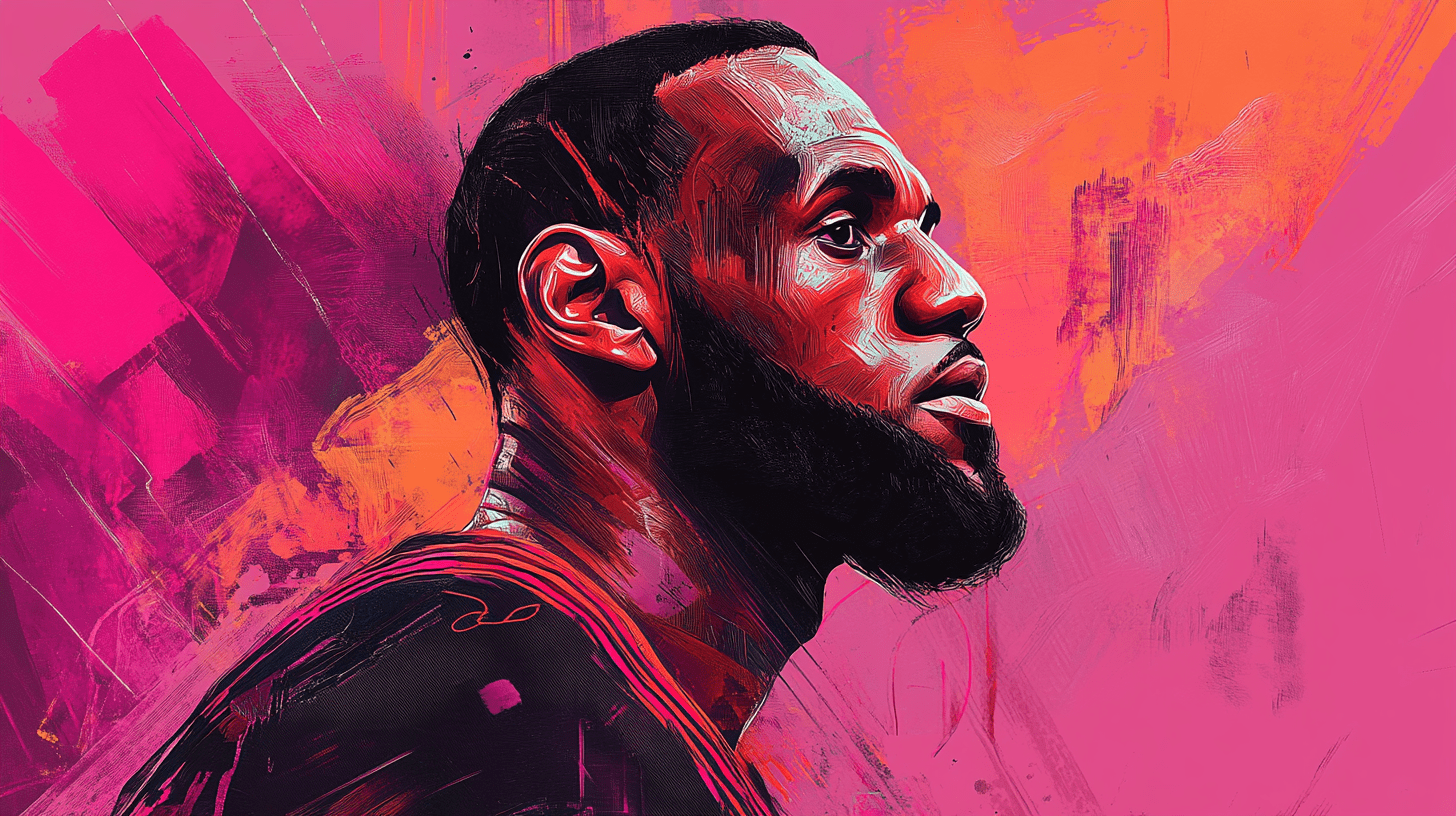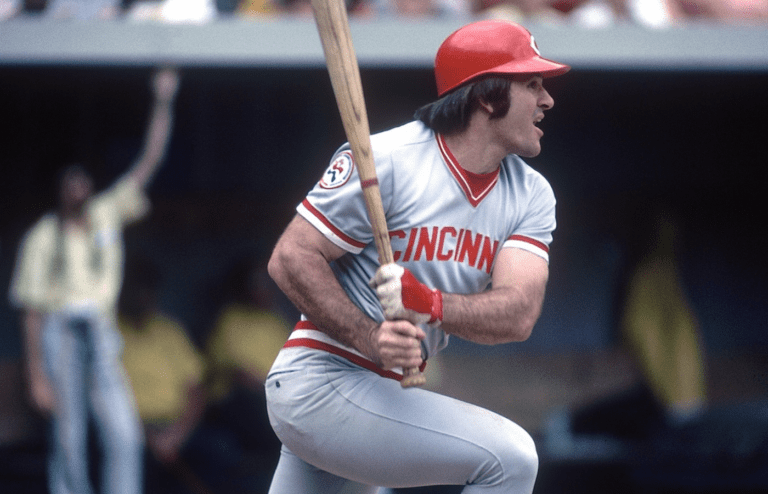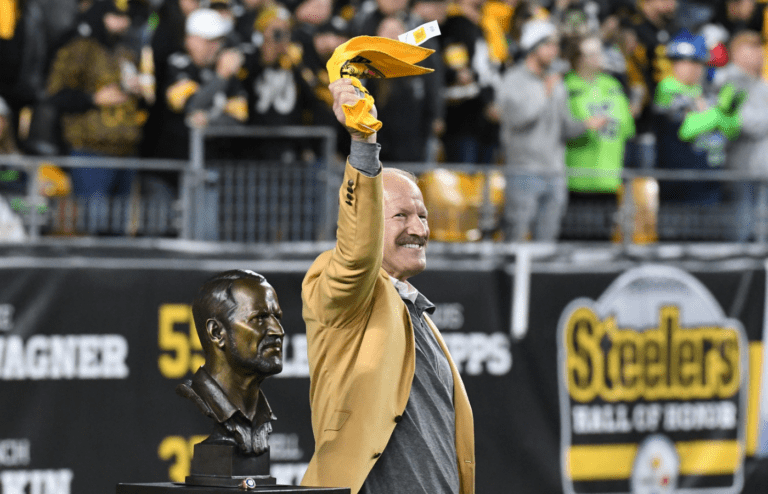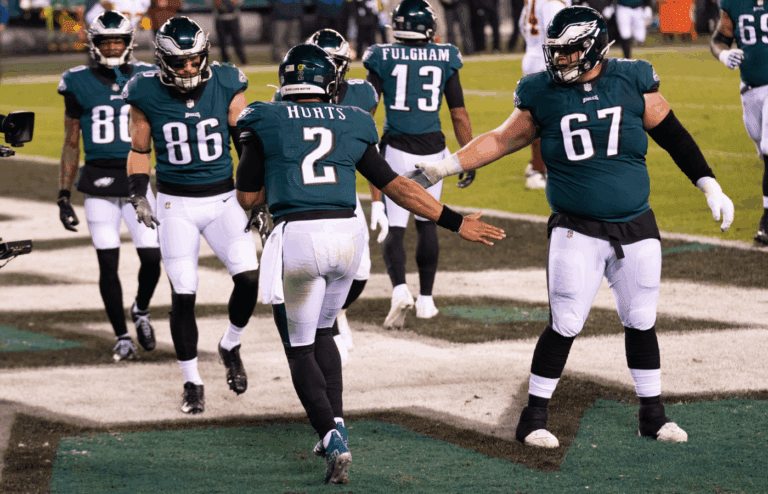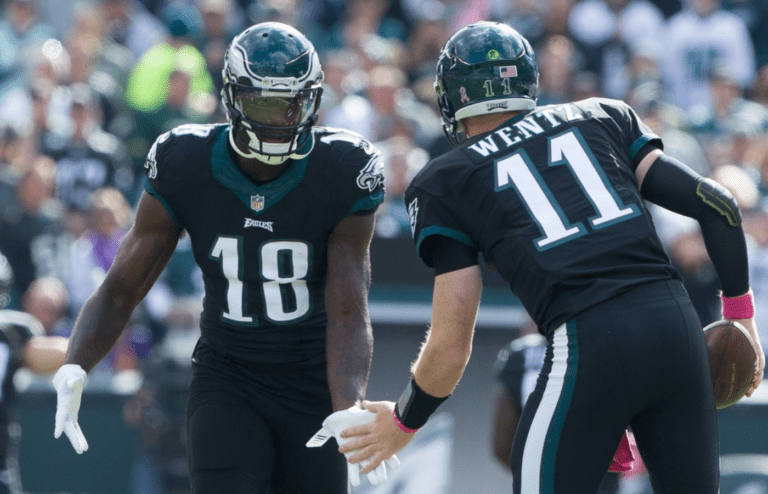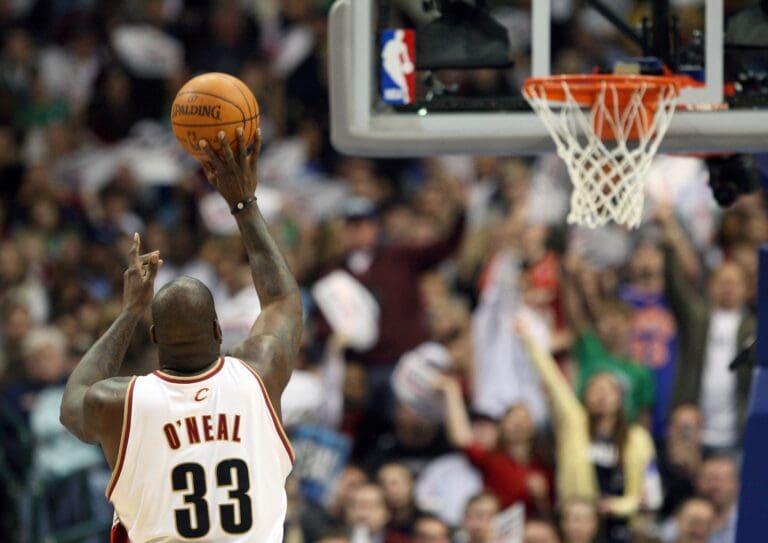The sports world thrives on controversy and passion, but our relentless obsession with “Greatest of All Time(GOAT)” debates has gone too far. What used to be fun barbershop talk, LeBron or Jordan? Brady or Montana?, has spiraled into an endless cycle of toxic comparisons. These aren’t debates anymore; they’re battles. And they’re ruining our ability to appreciate greatness in real time.
GOAT Debates: A Digital Battlefield
Once thoughtful discussions, GOAT debates now flood social media with memes, cherry-picked stats, and clap-backs. They lack nuance. They reduce legacies to highlight reels and championship counts, stripping away context, style, and impact. It’s not about how players changed the game, it’s about who has more rings or more points.
Why do so many people, especially young and middle-aged men, invest so much energy defending someone else’s legacy? The answer often lies in identity. For many fans, backing a GOAT becomes personal. These players symbolize nostalgia, values, and even self-worth.
In arguments devoid of winners, you have to wonder why so many young and middle-aged men are investing so much of their time and energy defending the legacy of greatest of all time. The emotional investment often says more about the fans than the athletes themselves. For many, the player they support becomes a reflection of their own identity and nostalgia.
Oversimplifying Greatness: Reducing Legends to Numbers
Reducing complex greatness to a numbers game that a 5-year-old could tally oversimplifies what makes athletes special. It erases the artistry, the struggle, and the era-specific challenges that shaped these legends.
Even worse, these debates breed toxicity. They pit fans against each other in tribalistic warfare and often devolve into personal attacks. As psychology professor Jay Van Bavel noted, GOAT discourse mirrors the polarization we see in politics and religion. It’s that toxic.
Athletes feel the impact too. Players like Scottie Pippen have spoken out about the mental toll of constantly being compared to giants like Michael Jordan. Instead of celebrating their own unique achievements, they’re often cast as footnotes in someone else’s legacy.
Instead of obsessing over who’s the greatest, we should shift our focus. Sports are meant to inspire, unite, and tell incredible stories. Let’s celebrate greatness in all its forms, past, present, and future, and remember that the beauty of sports lies in the journey, not just the stats.

